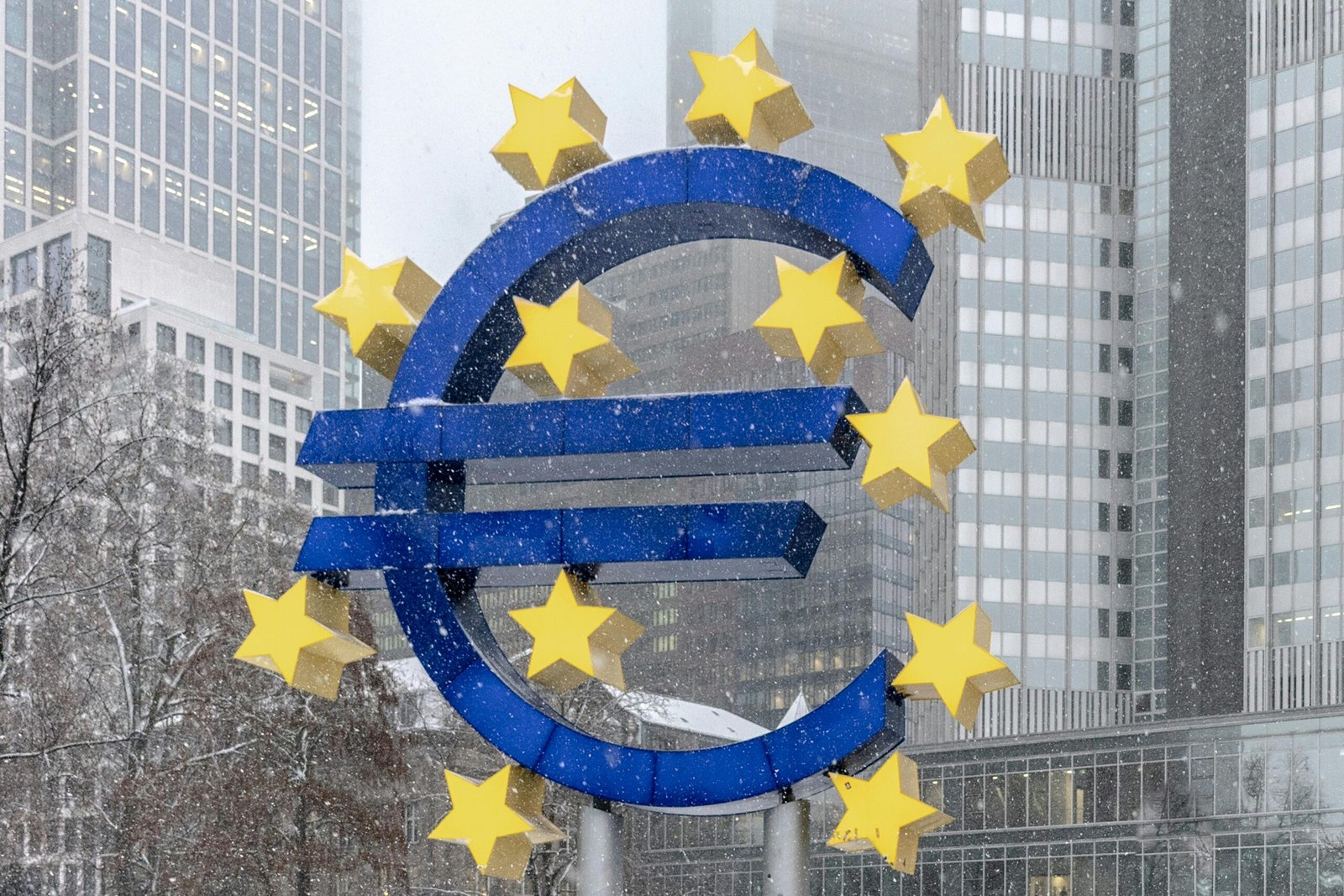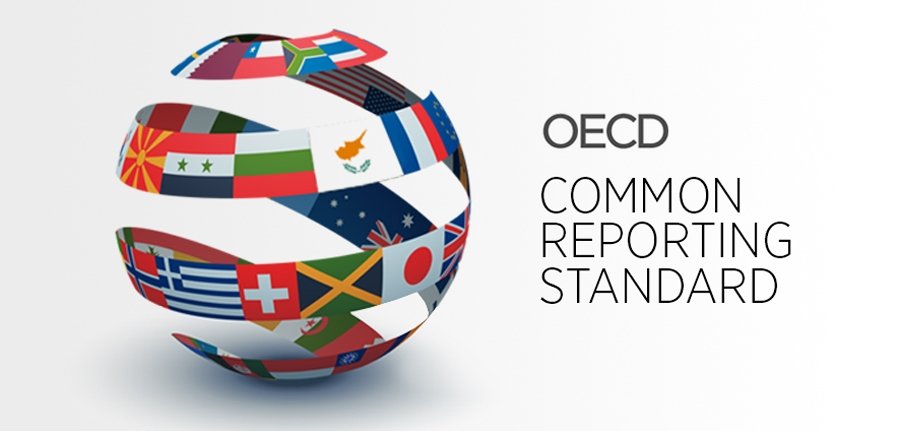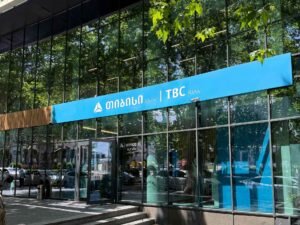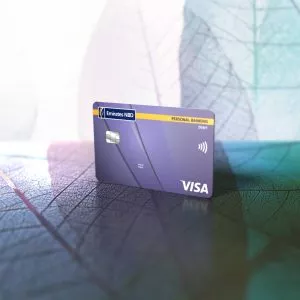There are many reasons to open an anonymous bank account and it can offer many advantages. Below is an introduction to all the legal options for anonymous banking, including instructions.
Introduction – How far does anonymity go?
First of all, it is important to understand that anonymity is always linked to the country in which the bank is located. In other words, a bank is only as anonymous as the country or jurisdiction in which it operates allows. In turn, various countries have concluded joint agreements on data exchange across borders.
Below are the most important cross-border agreements that must be observed with regard to anonymity or are an exclusion criterion depending on the initial situation.
EU
Within the European Union (EU), there is effectively no longer the traditional banking secrecy that used to exist in some countries. Banking secrecy has largely been abolished by international standards and European legislation to combat tax evasion and money laundering.
Reasons for the end of banking secrecy in the EU
Common Reporting Standard (CRS): The EU countries have implemented the CRS, which enables the automatic exchange of financial information between the tax authorities of the member states. This means that banks in EU countries must pass on information about account holders and their financial activities to the tax authorities. More on this later.
European directives: The EU has issued several directives that abolish banking secrecy in its traditional form. These include the “Savings Tax Directive”, which introduced the exchange of information on interest income between EU member states back in 2005, and the “Directive on Administrative Cooperation” (DAC), which regulates the exchange of tax data.
Anti-money laundering laws: Stricter anti-money laundering laws in the EU have also contributed to the lifting of banking secrecy. Banks are obliged to collect comprehensive information about their customers and report suspicious transactions.

Conclusion: Overall, there is no longer any banking secrecy in the EU in the form that there used to be. Transparency in the financial sector has been significantly increased in order to combat tax evasion and illegal financial flows. Banks and fintechs such as Revolut, N26 and Wise are therefore completely transparent.
CRS
Automatic exchange of information: Under the CRS, financial institutions such as banks, investment companies and insurance companies report data on accounts held by individuals or companies to the local tax authorities. This information includes, among other things:
- Name, address and tax identification number of the account holder
- Account number
- Account balance or value of the account at the end of the year
- Interest income, dividends and other income on the account
International cooperation: The reported information is then automatically transmitted by the tax authorities of the respective countries to the tax authorities of the countries in which the account holder is resident for tax purposes.
Global reach: The CRS is used by over 100 countries and jurisdictions worldwide, including most of the European Union, Canada, Australia, Japan, China and many more.
Objective: By implementing the CRS, tax authorities worldwide should be in a better position to monitor the income and assets of their taxpayers abroad and thus prevent tax evasion.
Each participating country has integrated the CRS into its national laws, which means that financial institutions in these countries are obliged to collect and report the relevant data. The exchange of information takes place annually.
For account holders, the CRS means that their financial information can be exchanged internationally, making it more difficult to hide assets abroad to avoid tax obligations.

Conclusion: For those who value anonymity, most countries are now uninteresting due to the CRS, as they exchange the above-mentioned information with each other.
FATCA
Reporting obligations: FATCA requires foreign financial institutions to report to the IRS detailed information about accounts held by US taxpayers or by foreign entities in which US taxpayers have a material interest. This information includes:
- Name and address of the account holder
- US tax identification number (TIN)
- Account number
- Account balance or value
- Income on the account (e.g. interest, dividends)
Tax withholding: If a foreign financial institution refuses to comply with FATCA, the U.S. government may impose a 30% withholding on certain U.S. income earned by that institution, including interest income and dividends.
Global reach: FATCA has a global reach and affects financial institutions in almost all countries worldwide. The US has entered into bilateral agreements with many countries, known as Intergovernmental Agreements (IGAs), to facilitate the implementation of FATCA.
For US citizens and US taxpayers, FATCA means that their foreign accounts and assets will be disclosed to the IRS, making tax evasion more difficult. FATCA also has a global impact on financial institutions, as they must take comprehensive compliance measures to meet the requirements of the law.
Differences between FATCA and CRS:
While FATCA is a unilateral US standard that collects information on US taxpayers, the Common Reporting Standard (CRS) is a global standard developed by the OECD that regulates the exchange of information between numerous countries worldwide. CRS has a broader application as it enables the mutual exchange of information between many countries, while FATCA is specifically aimed at US taxpayers.
Conclusion: FATCA is a very far-reaching information exchange agreement of the USA, which most countries support, but is ultimately only relevant for persons and entities (LLC, C-Corp…) that are subject to tax in the USA.
Criteria for a bank account
In addition to the important aspect of anonymity, accounts should above all fulfill the following criteria in order to be truly useful in the long term.
User-friendliness & support
An important factor is the user-friendliness of online banking and support. Many users who come from Europe and are used to apps such as Wise, Revolut or other modern (neo)banks will find that most offshore accounts are quite far from these standards.
User-friendliness and support are therefore crucial when choosing a new bank account.
Security
In addition, security is sometimes one of the most important factors, because anonymity is worth nothing if the bank goes bust or there is a bank run and you no longer have access to the assets.
In addition to the bank, the country in which it is established is also particularly important. This is because there are countries such as Afghanistan, Syria, North Korea, Eritrea and other countries that are leaders in the area of anonymity and do not participate in FATCA or CRS, but are too unstable to do so.
Fees
One factor that can also play a role is fees and minimum deposits. The former is usually secondary, but reputable (private) banks in particular can often demand high minimum deposits.
TOP 5 countries
With regard to the aspects mentioned above, the choice of countries or banks depends on where you live. The following is a list of countries that are of particular interest to European people who come from or live in the EU.
USA
One of the most interesting countries is probably the USA, as the financial capital New York is home to numerous top banks. In terms of security, American banks have high standards and are generally an economically strong and stable country.
Interesting for many Europeans in terms of anonymity, as the USA does not participate in the CRS and is also (obviously) outside the EU.
Requirements: Passport, ITIN (American tax number), (temporary) address in the USA, opening only locally
Advantages: High security, High reputation, No CRS member, User-friendly & no language barrier
The following banks are recommended:
- Bank of America
- Chase
- PNC Bank
- TD Bank

Serbia
One European (but not EU!) country that does not participate in the CRS and offers good banking options is Serbia. The country has developed well in recent years and is close or easily accessible for many Europeans
Advantages: Not a CRS member, stable country / banks, largely English-speaking
Russia
Russia is very close to Serbia and offers similar anonymous banking options to Serbia. However, it is more difficult to get into the country. Currently, it is only possible to enter via Serbia (Belgrade), Turkey (Istanbul) and the UAE (Dubai and Abu Dhabi). The exchange of information has been suspended since the war.
Advantages: No longer a CRS member, stable country / banks, largely English-speaking
Montenegro
Another European non-EU country that has not adopted the CRS and offers stable banking options is Montenegro.
Dominican Republic
Another country that does not participate in the CRS and could be of interest to many is the largest Caribbean island: the Dominican Republic. In addition to beautiful beaches, great surfing spots and good food, the island also offers solid banking options.
Requirements: Passport, 3 days stay
Advantages: No CRS member, good stability, very favorable / no minimum deposit,

The following banks are recommended:
- Banco Popular Dominicano
- BHD Bank
- Banco Santa Cruz
Bonus: Georgia
Georgia has been participating in the CRS since 2023 but has not yet actively implemented it. So it is still in the gray area for many who are looking for anonymous banking outside the EU. Banks like TBC offer stability and are also quite user-friendly.
Advantages: Stable country / banks, good online banking, English support
Requirements: Passport, address (no matter where), opening remotely via notarial authorization
We provide completely remote support for Georgia bank account opening.
Costs
The costs for opening a bank account depend heavily on the bank in question and vary in terms of opening fee, minimum deposit and monthly fees. In most cases, however, the fee is only a few euros per month.
Mehr Freiheit?
Auf unserem YouTube Kanal gibt es täglich kostenlos neue Updates rund um die Thema Steuerreduktion, Vermögensschutz und Auswanderung.
Summary
An anonymous account is desirable for many people for a variety of reasons, but you should be aware that most countries are of no interest to EU citizens due to the EU and CRS. There are only a few countries that are not part of these information agreements and at the same time offer stable and user-friendly banking.










